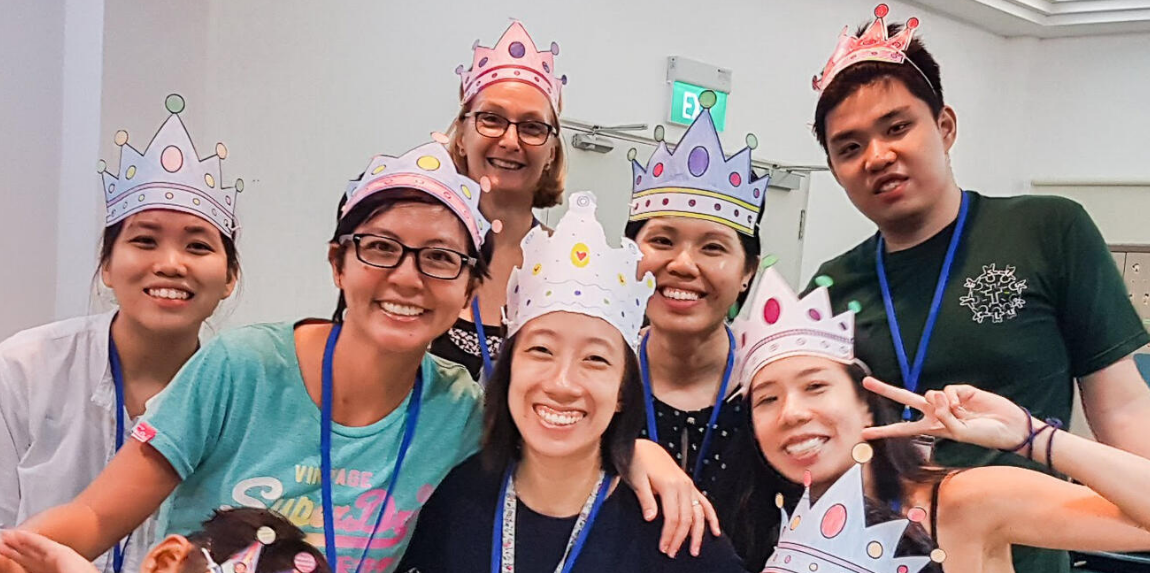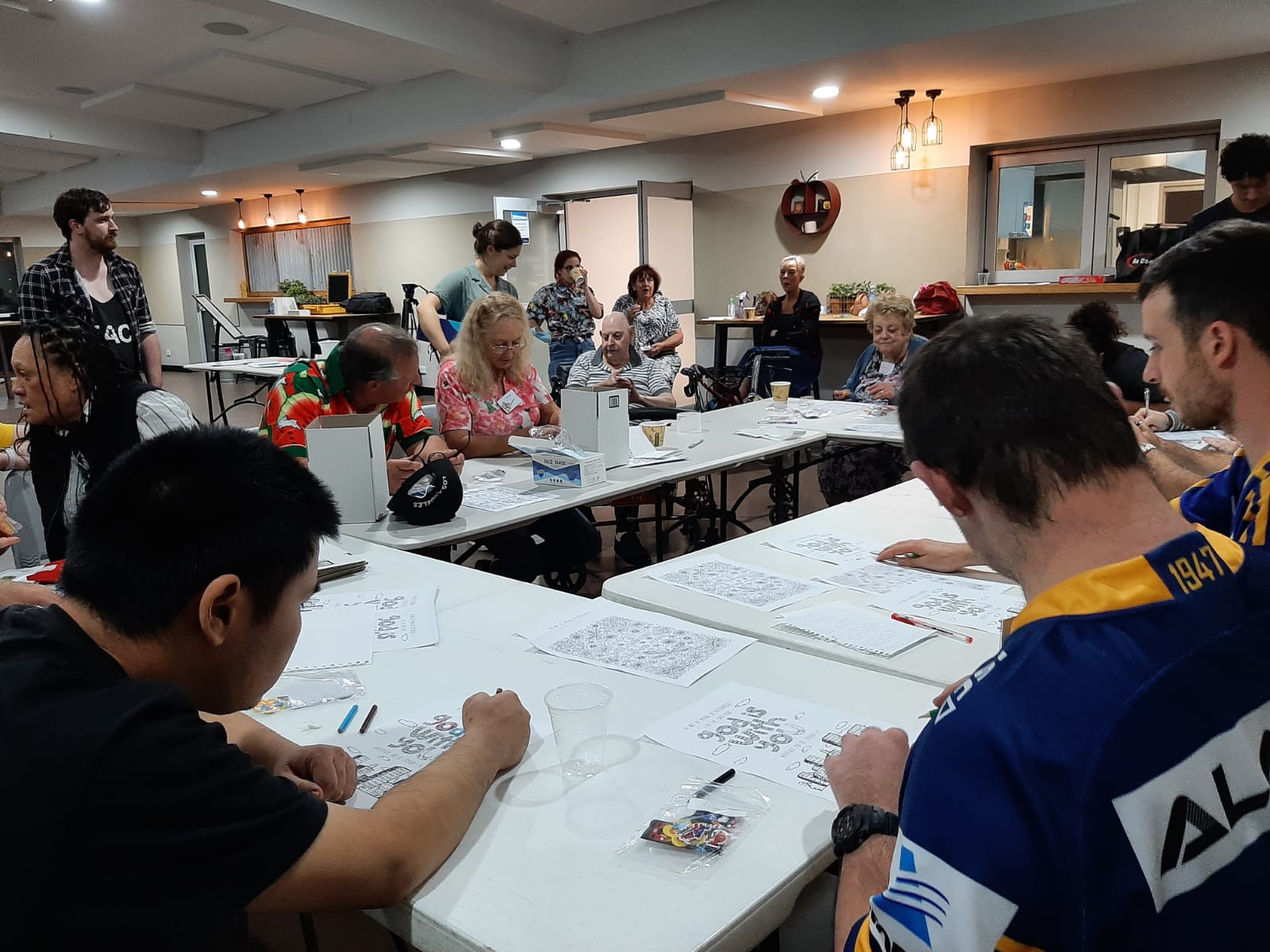Loving as God Would

Frequently left out of social situations, persons with intellectual disabilities are seven times more likely to experience social isolation and loneliness than the general population.1 Concerningly, this also happens in churches, and Bible teaching and church life remain largely inaccessible to persons with intellectual disabilities.
Grace Mao is a former secondary school teacher with special needs experience in Singapore. She began noticing this experience of persons with disabilities after volunteering as a leader at Jesus Club Gladesville:
"In Singapore, when persons with special needs reach 18 years old, there aren't really that many programmes available to them. Those with lower support needs [can] get a job. [But] for those with higher support needs, they just either go to a full daycare service or they stay at home."
Even in the gospel-centred churches in Singapore, Grace found little to cater to adults with intellectual disabilities. "While cognitively, persons with intellectual disabilities could access the kids or youth groups at church, socially, they don't want to be seen as kids [or youths]. And because they can't understand the sermon [either], we don't see many persons with special needs in our congregations, "said Grace.
Grace recounted the story of John*, a boy in her previous congregation. John would come to the service, but as soon as the sermon started, he would go out to look at his phone. "He just couldn't understand what was going on," recalled Grace.
However, when Grace tried integrating John into their Bible studies group for young adults, she found it equally unsuitable. "It was difficult to pitch it at a level that he could understand and which would benefit the whole group as well," said Grace.
"About half of the members [now] come from non-Christian homes and families, for whom, Jesus Club would be their first exposure to the Gospel!"
Undeterred, in 2013, Grace teamed up with like-minded friends at her home church, Bethesda Church Bukit Arang, to start their own Jesus Club. Their goal was to create a community for persons with and without disabilities, to gather and fellowship around his Word, and serve one another in love.
"We want to get alongside them, and together work out how the Bible intersects with the struggles that they're facing in life," said Grace.
And with God's Grace, Jesus Club Singapore steadily grew from a three-person group at one location to two thriving clubs with over 100 members and volunteers! Some members have since accepted Christ, and two were even baptised!
About half of the members now come from non-Christian homes and families, for whom Jesus Club would be their first exposure to the Gospel!



Members and leaders learning in Buddy groups that match their abilities.
Like their sister clubs in Australia, the Singapore clubs use a combination of songs, simple Bible talks and study groups of similar abilities to help members understand and apply the Bible to their personal lives. In addition, their members participate in the club's running, serving in various roles to co-emcee, co-lead songs, prayer and prepare supper.
"Finding opportunities for them to serve together reminds [our members] that they are an important part of the Body of Christ," explained Grace. It's all part of their motto to treat members as God would treat them - someone loved by God and fearfully and wonderfully made by Him.
And this inclusivity may be the factor that keeps members returning:
"[The members] really, really enjoy coming. They feel that [they are] accepted as a brother or a sister in Christ and [Jesus Club is] a place where they feel loved!," said Grace.
*Name has been changed to protect the family's privacy
References
1 People with learning disabilities disproportionately affected by loneliness, 2019, accessed 2 July 2021, https://www.learningdisabilitytoday.co.uk/people-with-learning-disabilities-disproportionately-affected-by-loneliness
2 Anna Cheang, How can churches better include people with special needs?, 2020, accessed 5 July 2021, https://saltandlight.sg/service/how-can-the-church-better-include-people-with-special-needs/





